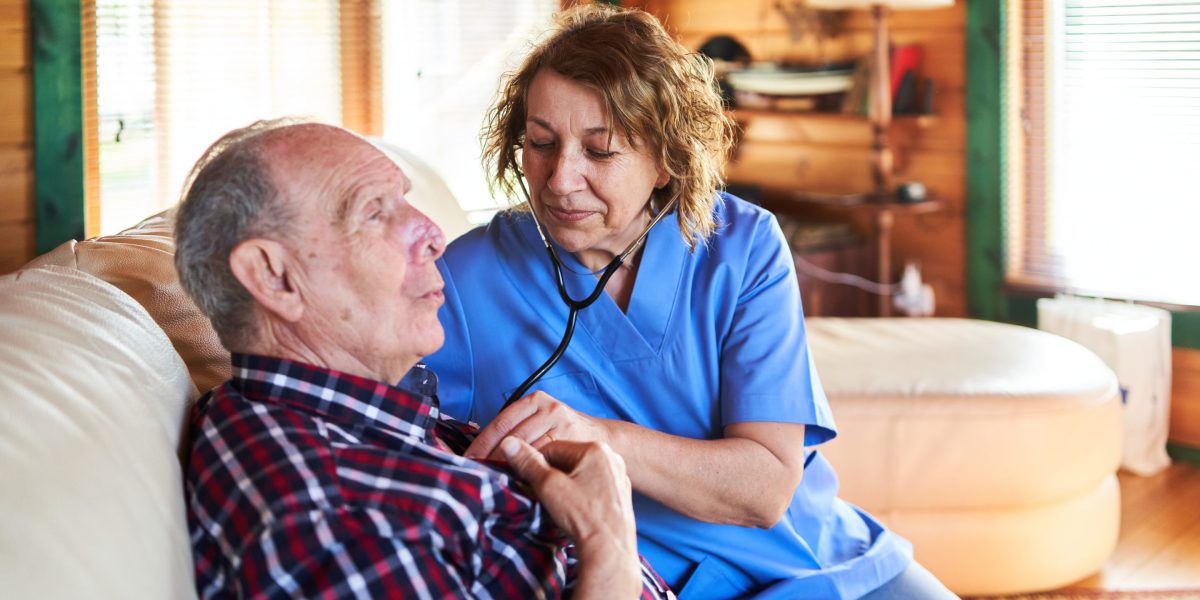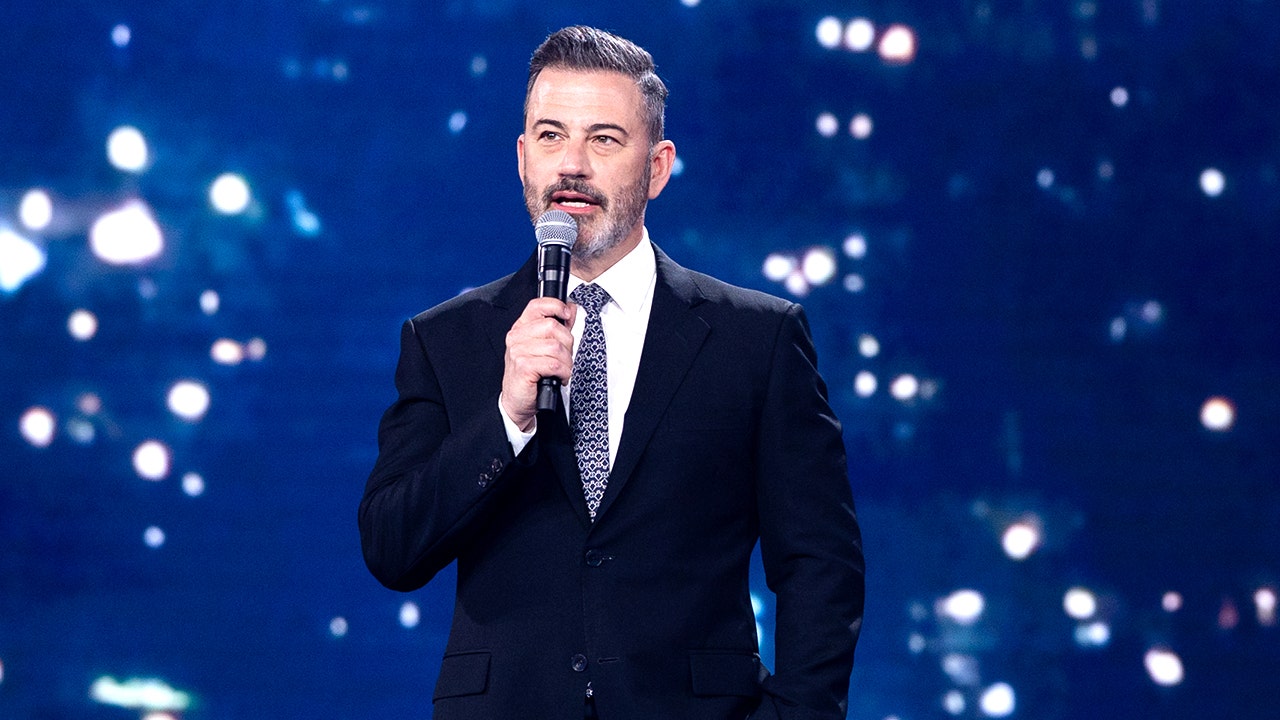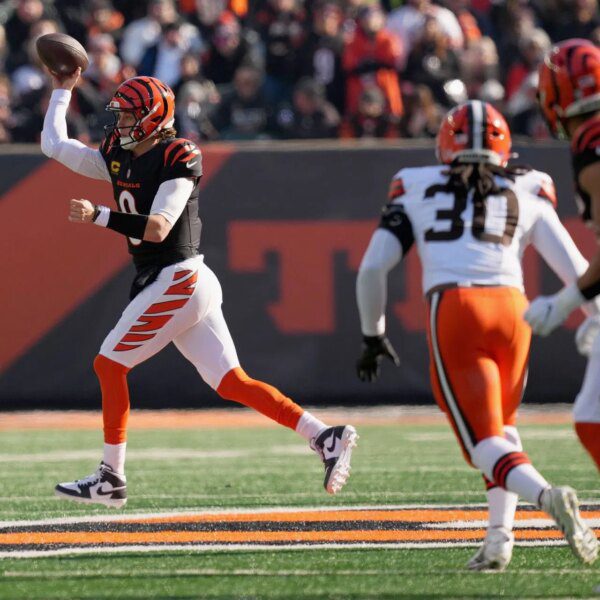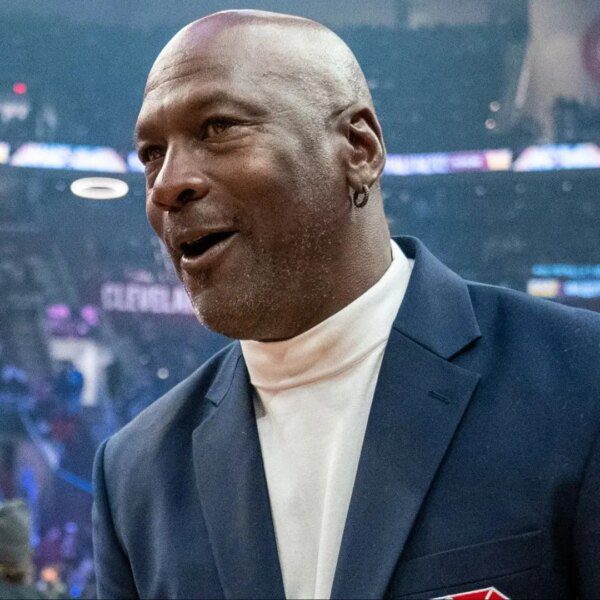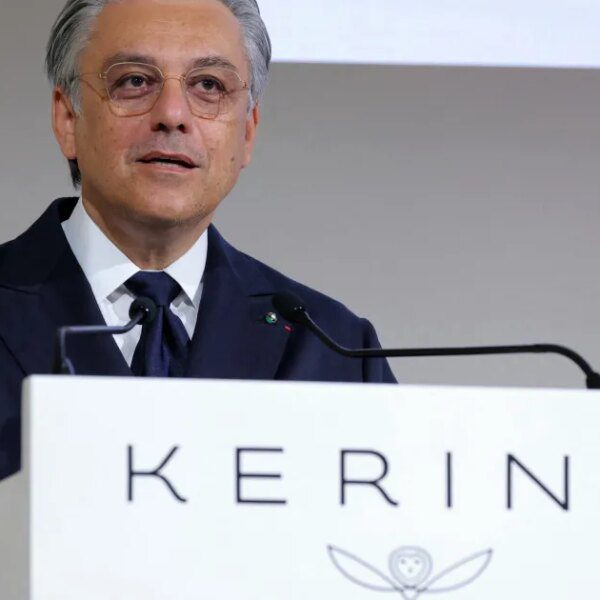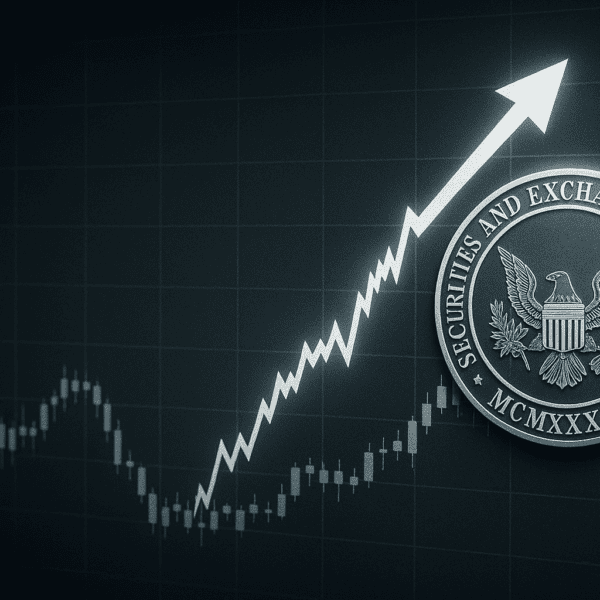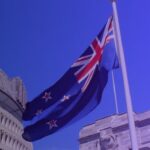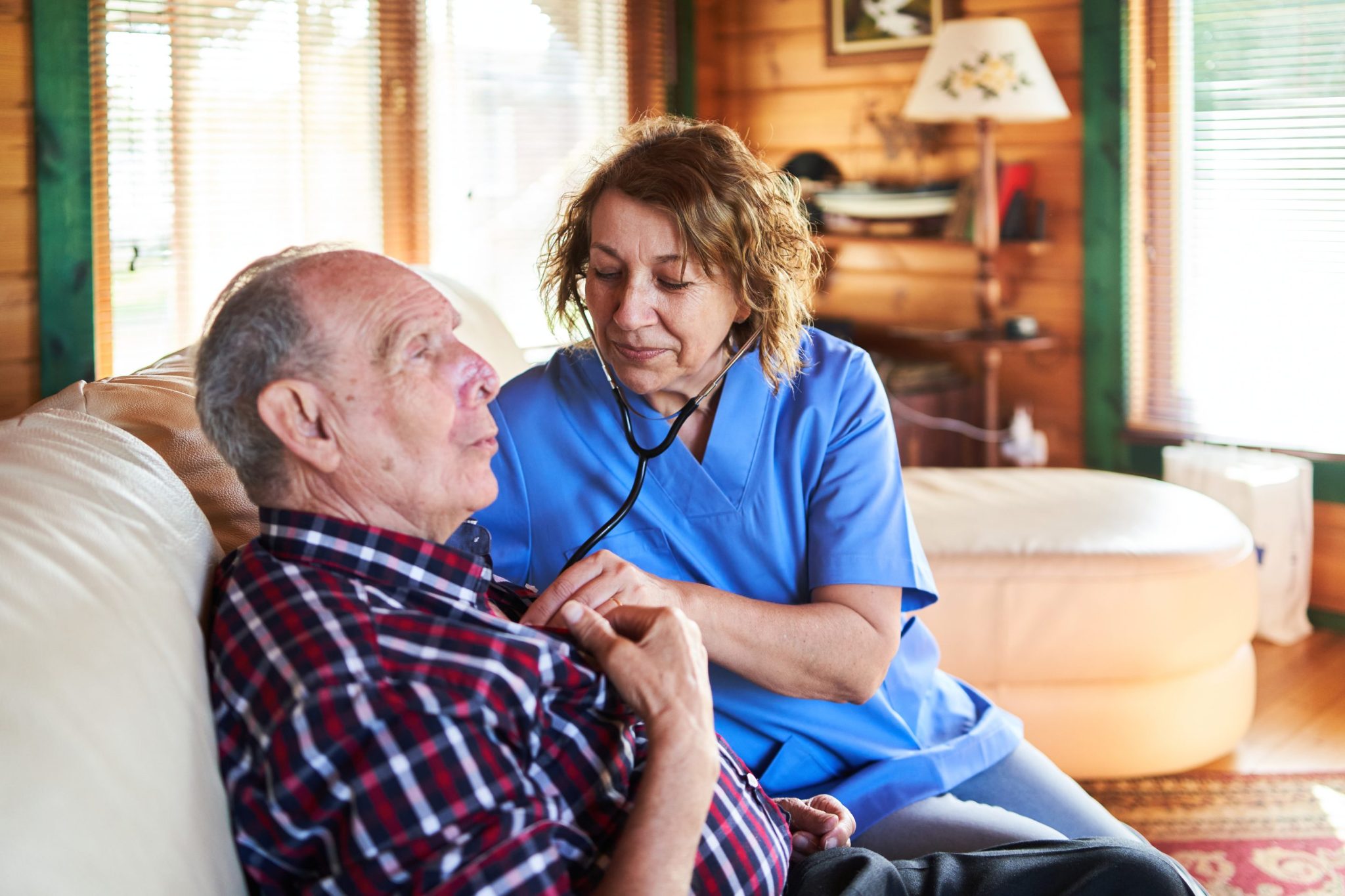
Doctors could qualify for exemptions from the Trump administration’s new $100,000 fee for high-skilled H-1B visa applications, the White House said Monday, after some of the biggest medical bodies called out the risk to rural America where there’s already a dearth of providers.
The executive order released Friday said that the application fees can be waived if the Secretary of Homeland Security determines that the hiring of these workers on an individual basis, or to work for a specific company or industry is “in the national interest.”
“The Proclamation allows for potential exemptions, which can include physicians and medical residents,” White House spokesperson Taylor Rogers said in an email Monday to Bloomberg News. “Ultimately, the Trump Administration defers to the language in the proclamation.”
The Department of Homeland Security didn’t immediately respond to a request for comment.
For hospitals, the H-1B visa program is crucial to recruiting doctors in remote parts of the country where there are in some cases severe shortages of health care workers.
Shares of HCA Healthcare Inc., a major hospital operator, rose as much as 1.4% after news of potential doctor waivers. Tenet Healthcare Corp. rose as much as 3.1%.
Health care employers often sponsor medical residents and other physicians through the H-1B program. American Medical Association President Bobby Mukkamala, a Michigan head and neck surgeon, called international medical graduates “a critical part of our physician workforce,” before the Trump administration said doctors and those in training may qualify for exemptions.
It’s not yet clear if doctors and medical residents will be able to secure an industry-wide exemption or if they will have to seek exemptions on a case-by-case basis.
Exempting certain health-care workers from the requirement could be particularly helpful for rural communities, where doctors and other providers are often in short supply. Most areas of the US that lack sufficient primary care doctors are rural, according to a 2024 government analysis. That report projected that the country would face a shortage of over 87,000 primary care physicians by 2037.
More than 76 million Americans live in places where the government has designated a shortage of primary care doctors, according to federal data compiled by health research group KFF.
The American Hospital Association, a trade group that represents thousands of health-care facilities, said it was reviewing the potential impact of H-1B visa changes.
“We will also work with the Administration to stress the importance of including health care personnel in potential exemptions to these changes,” a spokesperson for AHA said.
Federal data from the US Citizenship and Immigration Service show high-profile health systems including Mayo Clinic, Cleveland Clinic and St. Jude Children’s Research Hospital are among the health-care industry’s top sponsors of H-1B visas. Mayo has more than 300 approved visas, according to the data. Paying the fee could add millions to the labor costs at large medical systems.
As of June, more than 4,000 hospitals and research centers sponsored visas.
The Trump administration has supported moves to slash health-care spending, championing a bill that cut Medicaid spending by about $1 trillion over 10 years, while allocating $50 billion to rural health over five years.
Medicaid coverage is slightly higher in rural areas than urban areas, according to a KFF analysis of government data.

